(ECNS) -- Chinese scientists for the first time realized super-low-temperature ozone decomposition without energy consumption on a ternary oxide catalyst mullite YMn2O5, according to Nankai University on Sunday.
The project was conducted by a team led by Professor Wang Weichao at the College of Electronic Information and Optical Engineering of Nankai University. The paper introducing the outcome was published in the international academic journal Environmental Science&Technology.
At present, the team has achieved mass production and preparation of this catalyst, which can meet the needs of various industrial applications.
This achievement will provide strong technical support for the degradation of ozone, a new atmospheric pollutant, in an ultra-low temperature environment, and play an active role in commercial aviation and other fields.
As China has shifted its focus on air pollution control from PM2.5 to volatile organic compounds and ozone in its 14th Five-Year Plan, it is crucial to develop catalysts that can decompose ozone with zero energy consumption.
At present, widely studied catalytic materials cannot meet the catalytic requirements in extremely low-temperature environments. Therefore, it is of great environmental and scientific significance to design a catalyst for decomposing ozone with zero energy consumption in a complex environment, which meets the county's requirement of peak carbon dioxide emissions and carbon neutrality, according to the university.











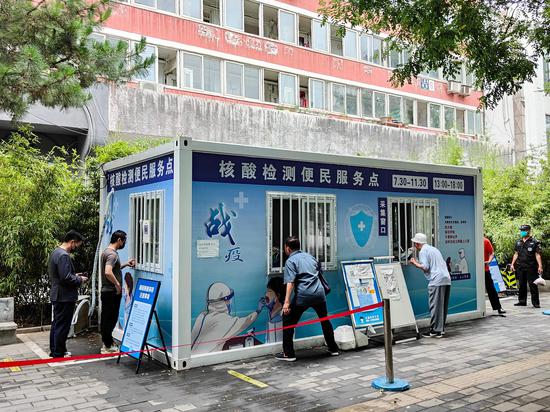

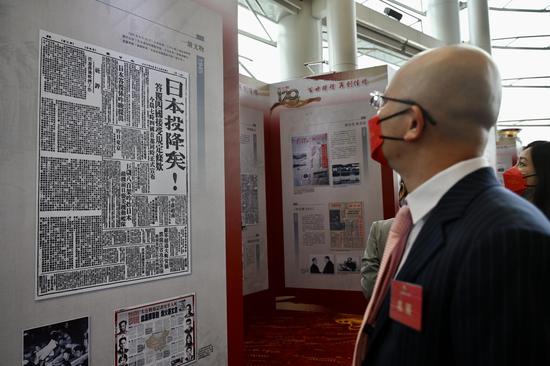


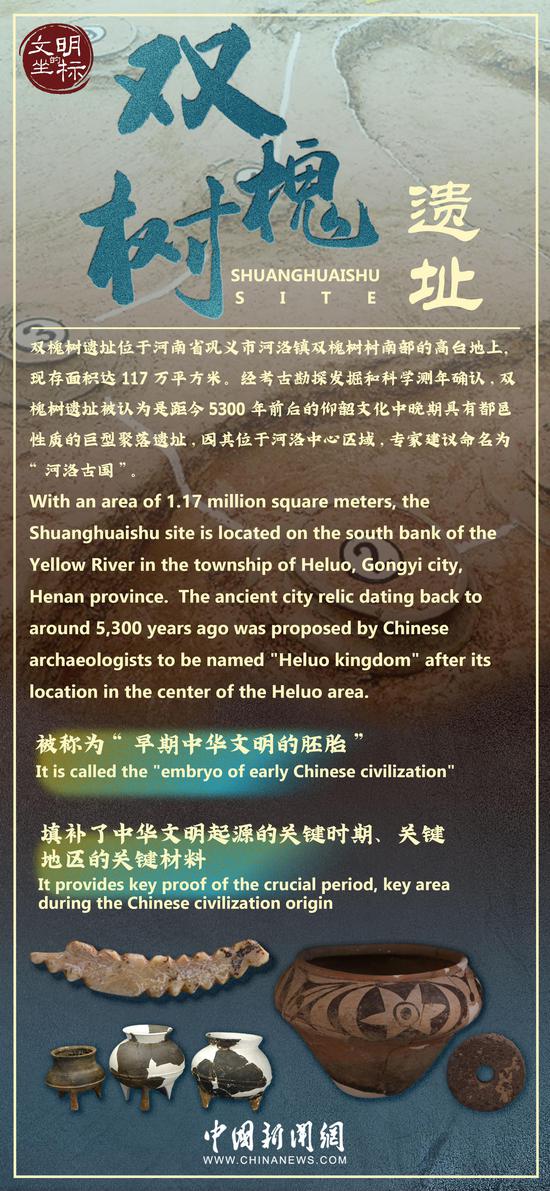









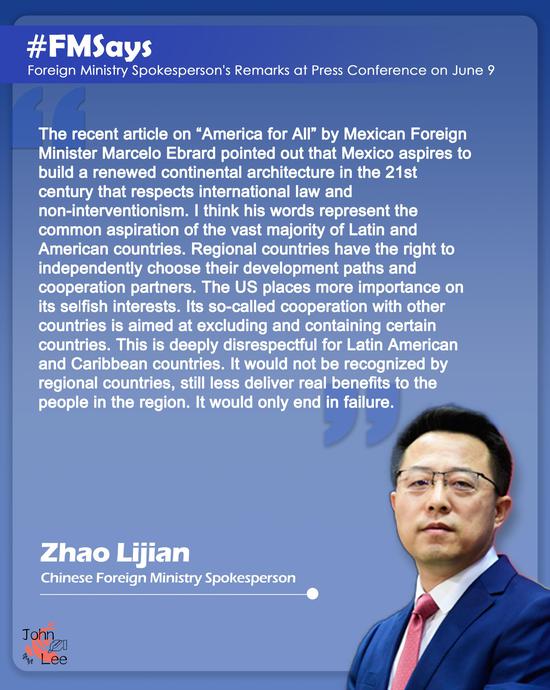



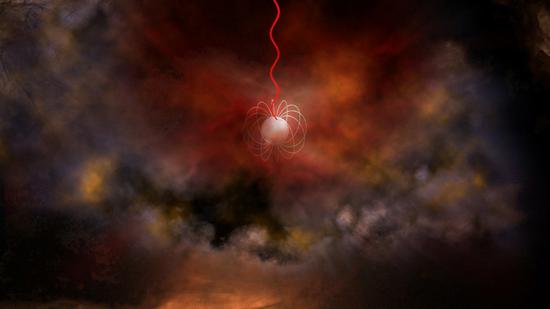




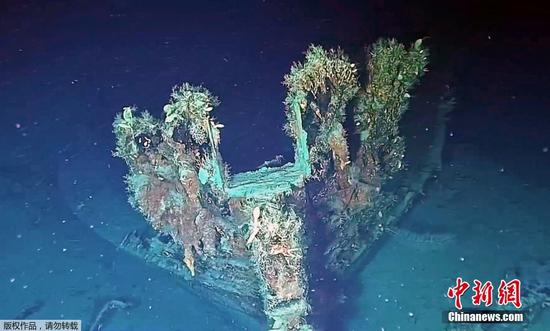





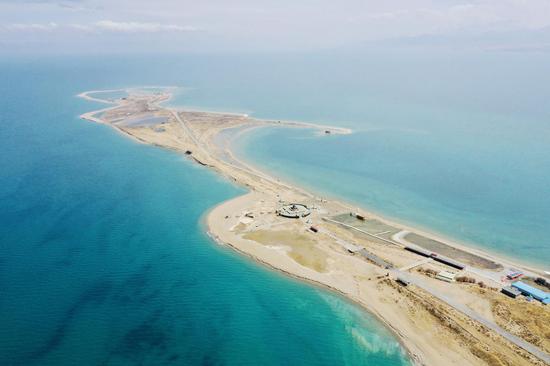
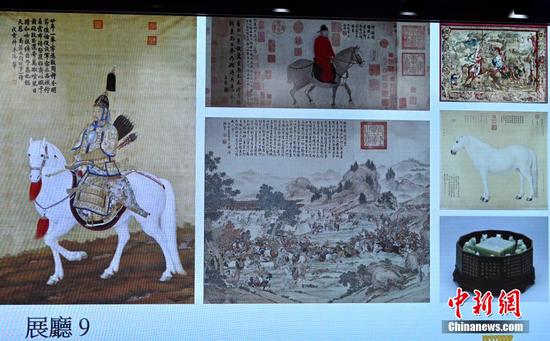







 京公网安备 11010202009201号
京公网安备 11010202009201号